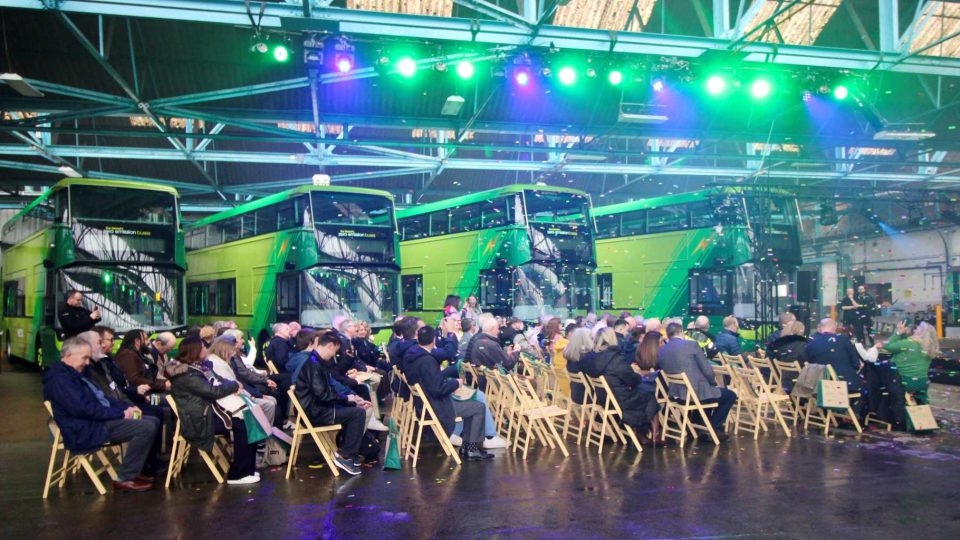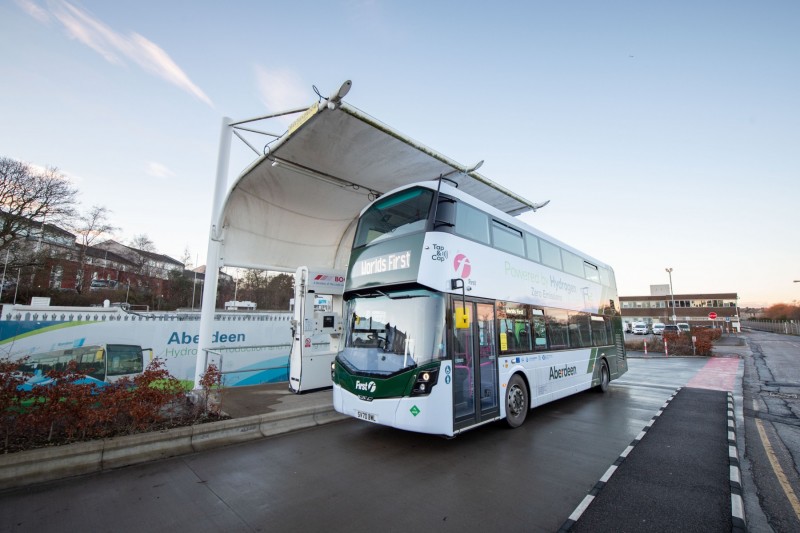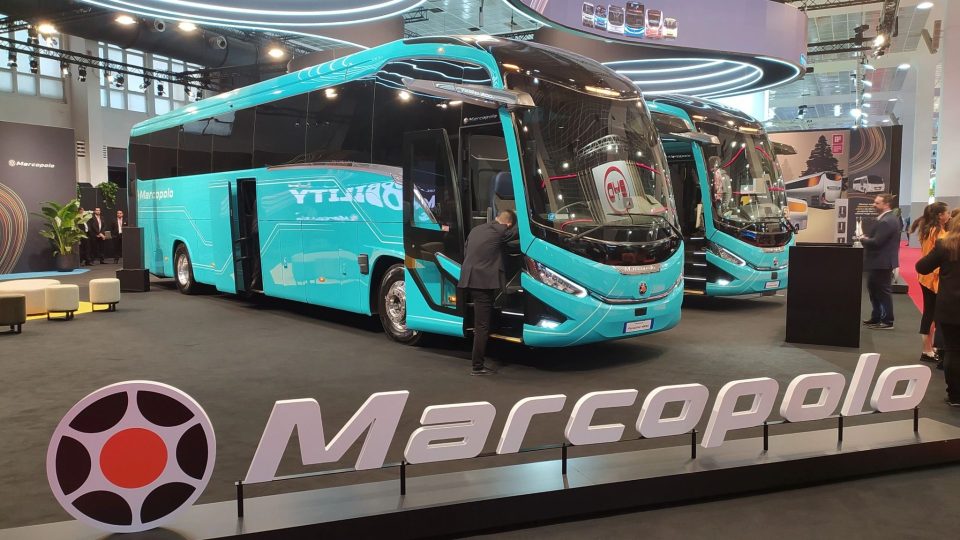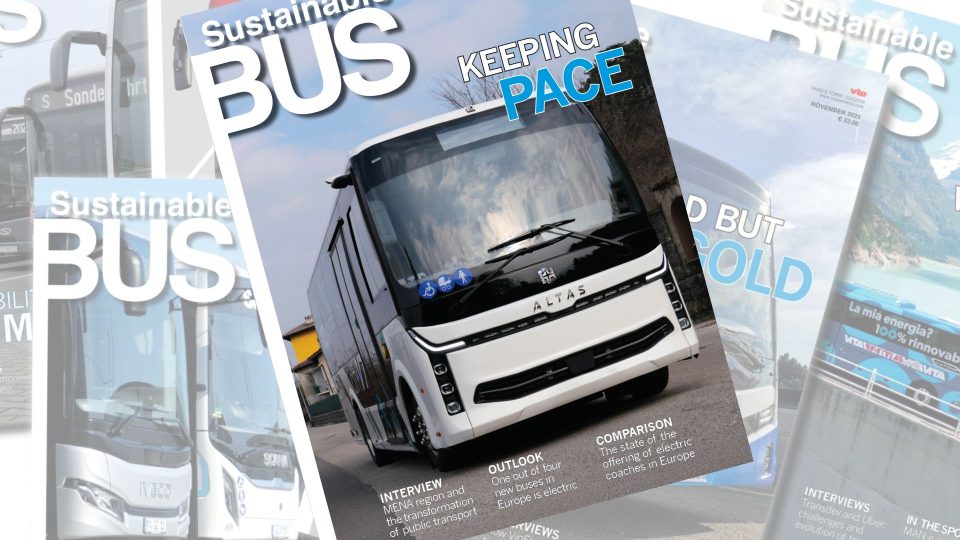Scania to cease bus body production in Poland and to offer buses in cooperation with bodybuilders
Production of Scania Citywide, Scania Interlink, and Low floor-chassis will be discontinued. Body production at Scania plant in Słupsk, Poland, "will be gradually ended by the first quarter of 2024. This decision will not affect chassis production in Słupsk nor other Scania entities in Poland".
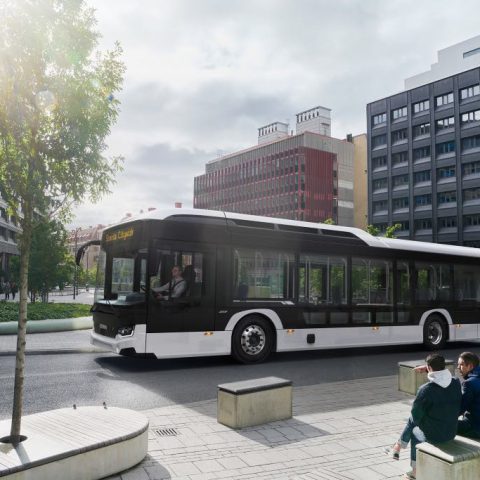
Scania has decided to cease body production for Scania bus chassis in Poland but will continue offering complete buses and coaches thanks to partnerships with bodybuilders. Production of Scania Citywide, Scania Interlink, and Low floor-chassis will be discontinued.
Body production at Scania plant in Słupsk, Poland, “will be gradually ended by the first quarter of 2024. This decision will not affect chassis production in Słupsk nor other Scania entities in Poland”.
A very similar decision was recently taken by the other Swedish brand Volvo Buses: in March the group announced plans to end production of complete buses and coaches in Europe (and also in this case a Polish plant, the one in Wroclaw, is affected). The Egyptian company MCV (Manufacturing Commercial Vehicles) will produce bodyworks for its electric buses for the European market, while Sunsundegui will take care of bodyworks of coaches.
The majority of Scania’s bus and coach business has always been in cooperation with bodybuilders where a high service level and a strong global presence has been achieved with local setups. This successful approach will be further developed, now in even closer collaboration with our bodybuilders and partners to offer our customers complete solutions
Stefano Fedel, Head of Sales & Marketing at Scania
Scania to stop body production in Poland
“To provide customers with competitive and sustainable mobility solutions and secure profitable growth in a changing market environment, Scania reshapes its bus and coach business”, the group announced today, 30th May, in a press note. The new roadmap “entails a more focused product portfolio and roadmap ahead“. Scania stresses that it will however “continue to offer customers complete buses and coaches”. The goal is to streamline the its product portfolio.
Scania says that its bus and coach business will get a leaner structure to improve speed and flexibility. “The company will continue to manufacture rear and front engine chassis with broad options of powertrains but discontinue production of Scania Citywide, Scania Interlink, and Low floor-chassis.”.
This is the background of such decision, as described by Scania: “The bus and coach market was heavily impacted by the pandemic and although the market has gradually picked up, the pace of recovery is slow, competition is increasing and upcoming legislation requires significant investments in new technology, now and in the future”.
Scania turns to bodybuilder for complete bus production
“We are convinced that the bus and coach business will continue to be an important part of Scania’s offering going forward, but we need an updated strategy that enables us to deliver on our customer promise and secures a profitable business globally,” says Stefano Fedel, Head of Sales & Marketing at Scania. He adds: “By using Scania’s experience and wide range of powertrain options, we will provide our customers complete solutions including service, financing, charging solutions, and intelligent transport systems,” says Stefano Fedel.
“The majority of Scania’s bus and coach business has always been in cooperation with bodybuilders where a high service level and a strong global presence has been achieved with local setups. This successful approach will be further developed, now in even closer collaboration with our bodybuilders and partners to offer our customers complete solutions,” says Stefano Fedel.

